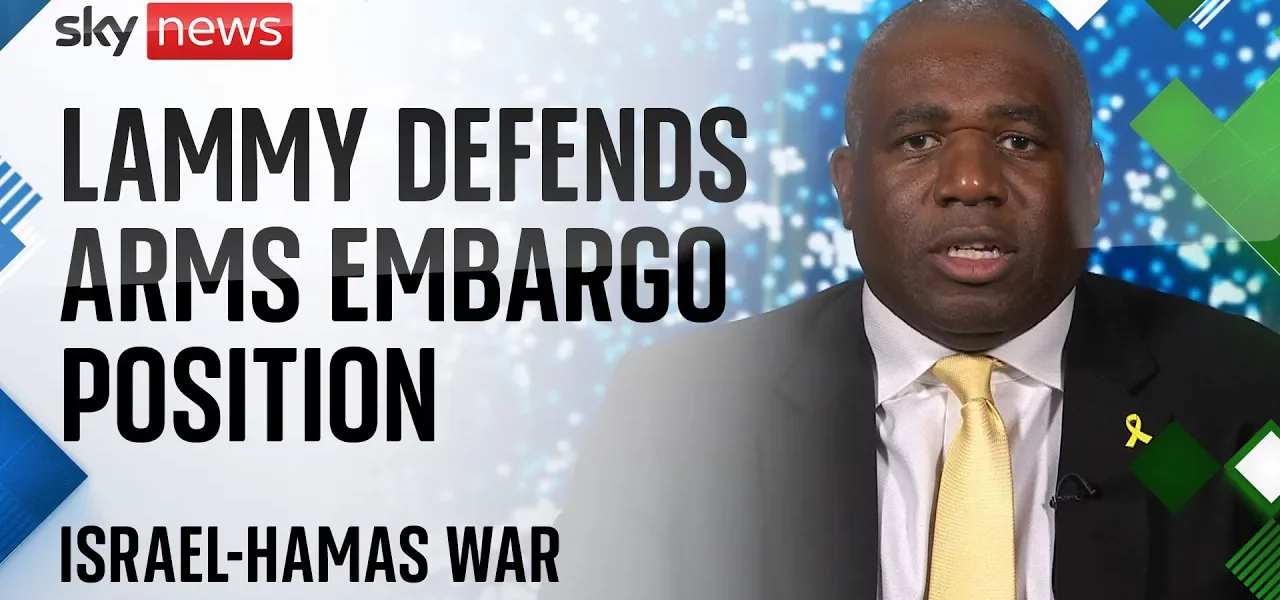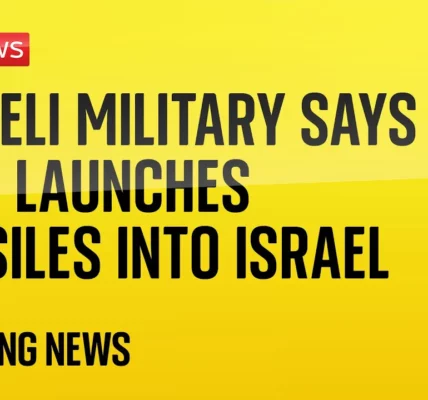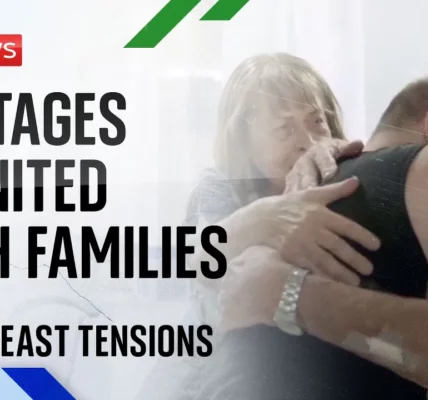Reflecting on the Hostage Situation in Gaza and Ceasefire Challenges

This article delves deep into the ongoing hostage crisis in Gaza, examining the human impact, the complexities of negotiations for a ceasefire, and the geopolitical implications of international actions.
Introduction
The hostage situation in Gaza remains a pressing humanitarian crisis, with many families enduring the anguish of uncertainty and loss. As we reflect on this ongoing tragedy, it is essential to consider the broader context of a year of conflict, the countless lives lost, and the diplomatic efforts that have struggled to yield tangible results. The human toll, exemplified by individuals like Emily Deari, underscores the urgency of reaching a resolution that addresses both hostages’ safety and the need for lasting peace in the region.
The Hostage Crisis: A Year of Suffering
Over the past year, the hostage situation has evolved into a symbol of the conflict’s deep-rooted issues, affecting not only the victims but also their families and communities. The emotional toll on loved ones is profound, as they grapple with the uncertainty of their relatives’ fates.
Human Impact
Families of hostages face overwhelming grief and anxiety. The psychological effects can be long-lasting, manifesting in various ways:
- Increased anxiety and depression among family members.
- Social isolation due to the stigma associated with being a hostage’s family.
- Challenges in accessing adequate mental health support.
Diplomatic Efforts and Challenges
Despite numerous attempts by international leaders to broker a ceasefire, the complexities of the situation have hindered progress. The involvement of key players such as the United States, Egypt, and Qatar highlights the multifaceted nature of these negotiations.
U.S. Involvement
President Joe Biden has taken a proactive stance, facilitating dialogues aimed at achieving a ceasefire. However, these efforts have encountered significant obstacles:
- Resistance from Israeli leadership, particularly Prime Minister Netanyahu.
- Concerns over security guarantees that Israel demands before any withdrawal from Gaza.
- The ongoing influence of Hamas in the region, complicating the peace process.
Regional Dynamics
Egypt and Qatar’s roles as mediators have been crucial. Their historical ties and regional influence enable them to facilitate discussions, yet the outcome remains uncertain. The complexity of their involvement is shaped by various factors:
- Regional security concerns.
- The need for humanitarian access to aid those affected by the conflict.
- The balance of power within Palestinian factions.
International Reactions and Human Rights Considerations
The international community has responded to the crisis with a mix of criticism and support for various actions taken by governments, including the UK’s decision to suspend certain arms sales to Israel. This decision, while seen as a necessary step for some, has drawn ire from others.
Reactions to Arms Sales Suspension
The suspension has been labeled “shameful” by Israeli officials, indicating the delicate balance that must be maintained in international relations. The implications of such actions include:
- Strained diplomatic relations between the UK and Israel.
- Calls for more comprehensive human rights considerations in international arms trade.
- Concerns about the efficacy of symbolic gestures versus actionable change.
Humanitarian Access and Aid Efforts
Despite the ongoing conflict, humanitarian access remains a critical issue. Recent estimates indicate that only a limited number of aid trucks are entering Gaza, exacerbating the suffering of civilians. The UK government’s efforts to address the humanitarian crisis include:
- Negotiating with international organizations to facilitate aid delivery.
- Raising awareness about the deteriorating conditions in Gaza.
- Implementing measures to prevent the spread of diseases, such as polio, among vulnerable populations.
Conclusion
The hostage situation in Gaza is a stark reminder of the complexities and human costs of geopolitical conflicts. As diplomatic efforts continue, it is crucial to prioritize the safety of hostages while addressing the broader humanitarian needs of those affected by the conflict. The journey towards a ceasefire may be fraught with challenges, but the commitment to diplomacy must remain steadfast. We encourage readers to stay informed and engage with organizations working towards peace and humanitarian aid in the region.
“`




